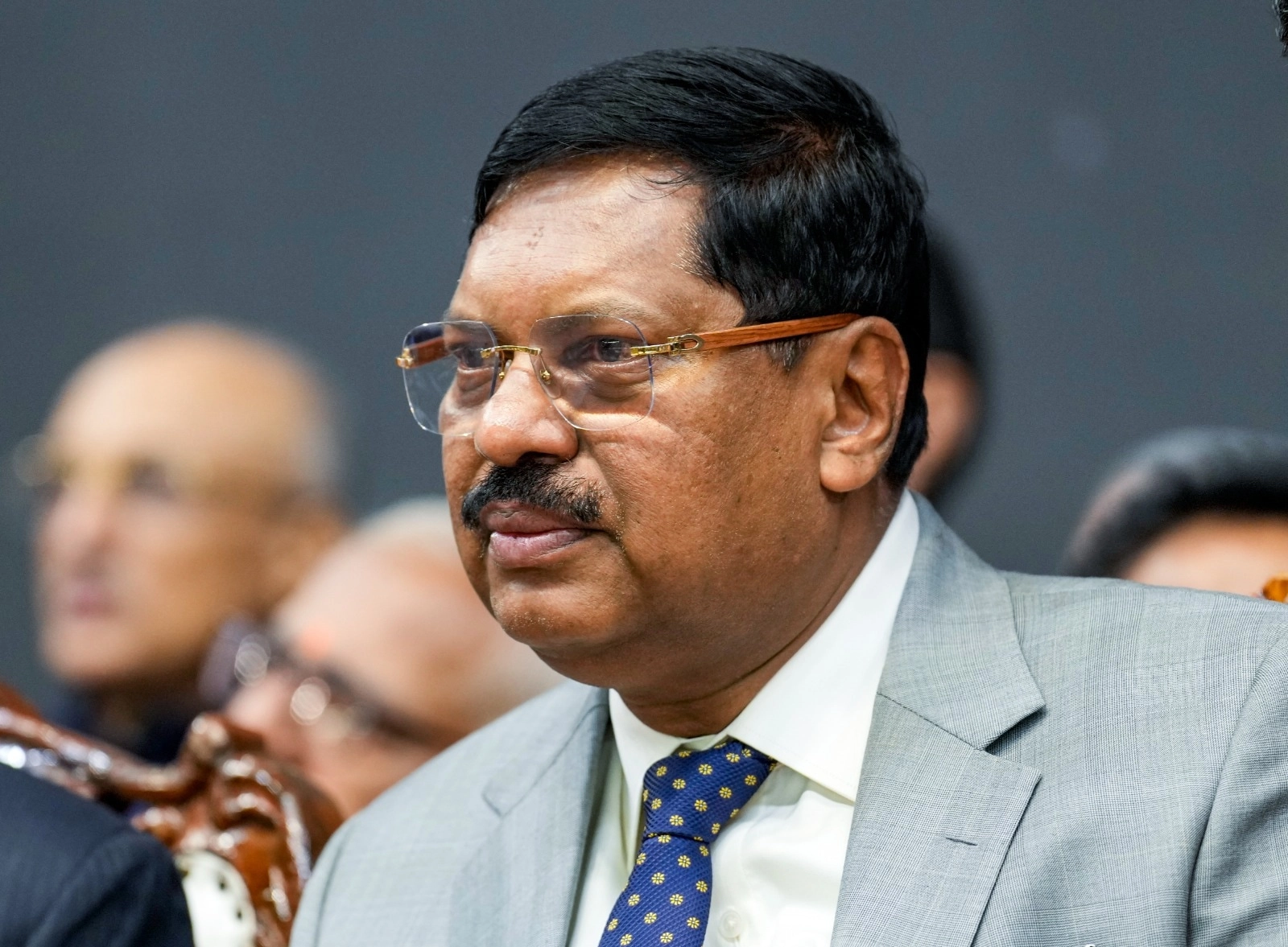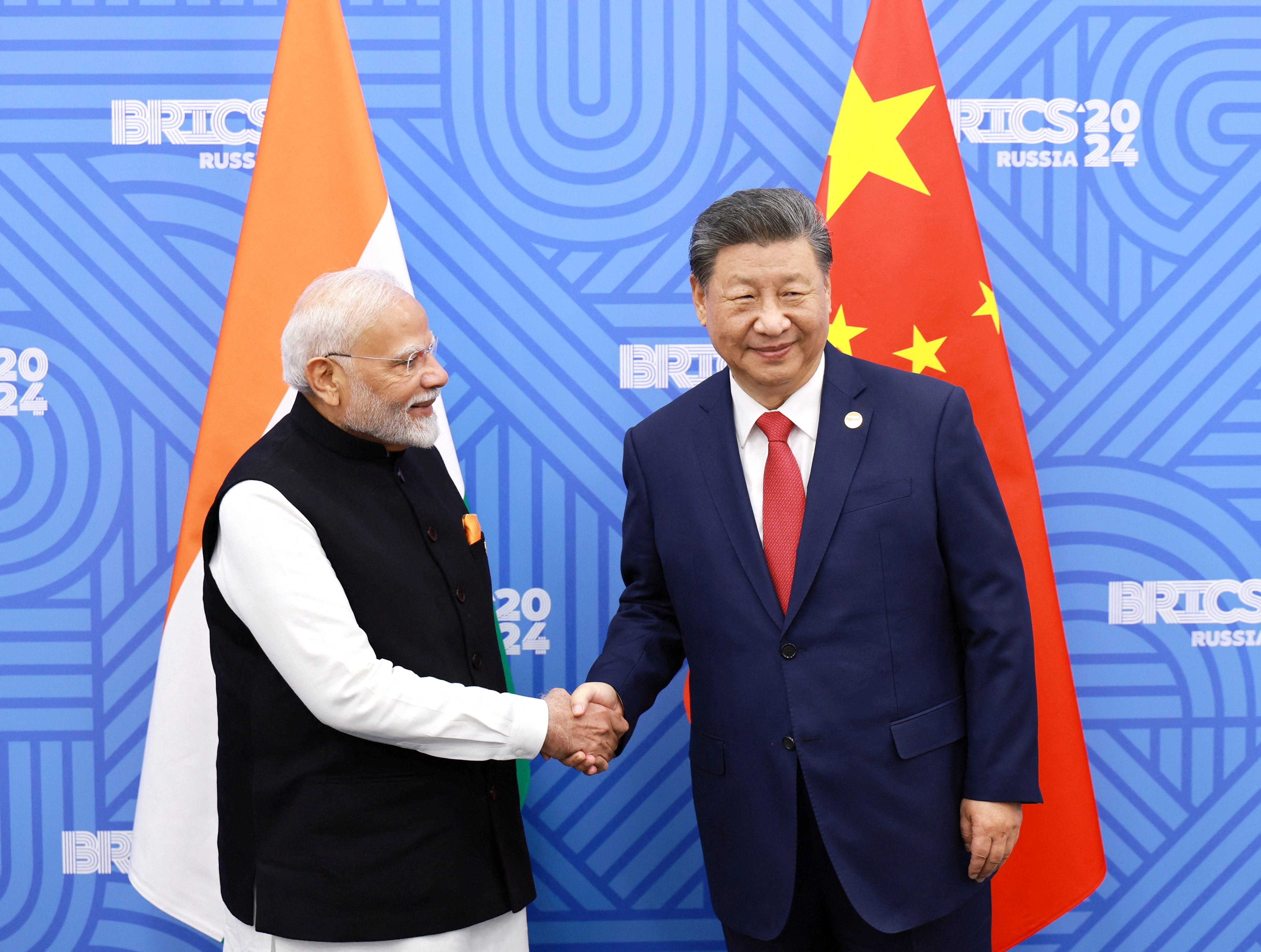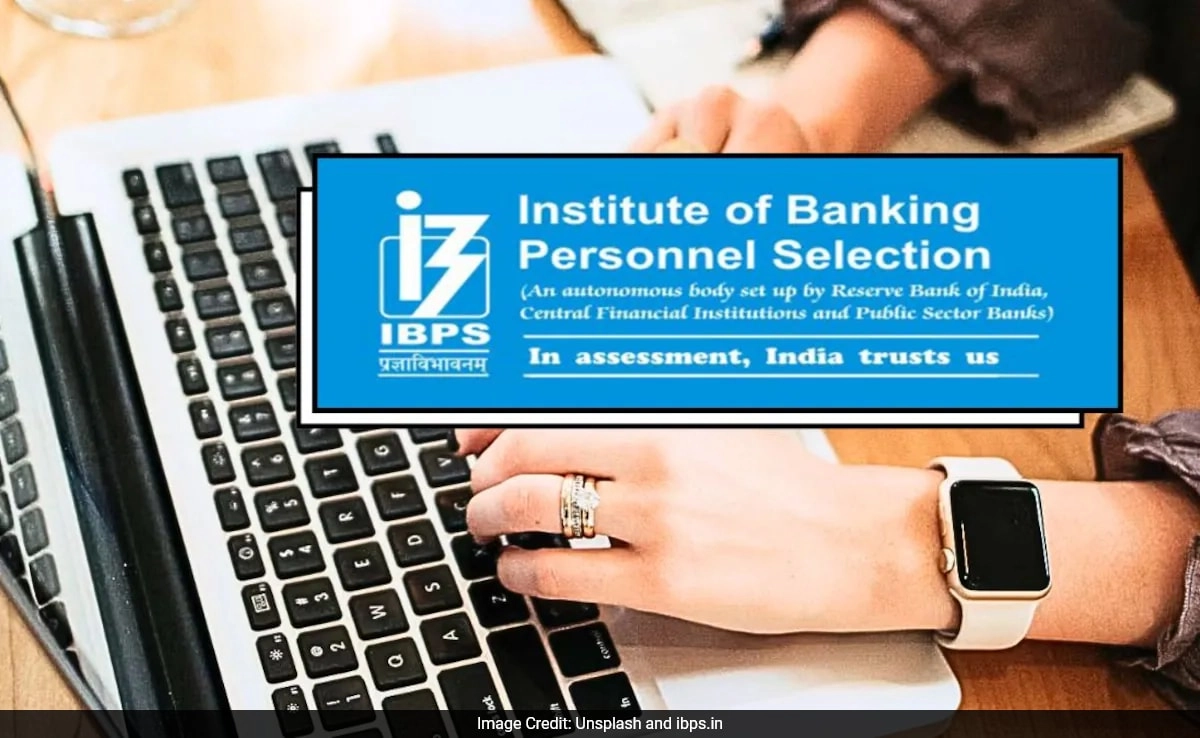In a recent development that has garnered significant attention, the Maharashtra government has appointed the Chief Justice of the Bombay High Court as a “Permanent Guest” at various official functions. This decision comes in the wake of a notable lapse in protocol regarding the Chief Justice’s attendance at a ceremonial event. The incident highlighted the importance of maintaining proper decorum and respect for the judiciary, as well as the need for clear communication between the executive and judicial branches of government.
The designation of the Chief Justice as a “Permanent Guest” is seen as a gesture to reaffirm the government’s acknowledgment of the judiciary’s essential role in upholding the rule of law and maintaining judicial independence. This appointment is particularly significant given the ongoing discussions surrounding the separation of powers and the relationship between the judiciary and the executive. By formally recognizing the Chief Justice’s presence at state functions, the government aims to mend any perceived rift and ensure that the judiciary is treated with the respect it deserves.
Moreover, this move could be interpreted as an effort to strengthen the collaborative spirit between the two branches of government. In many democratic societies, the judiciary is tasked with interpreting laws and ensuring justice, which requires a healthy dialogue and mutual respect between the courts and the legislature. The Maharashtra government’s action could serve as a model for other states grappling with similar challenges in maintaining the balance of power and fostering a cooperative relationship between the judiciary and the executive.
Critics, however, may argue that such titles and designations should not overshadow the fundamental principles of judicial independence. It is crucial that the judiciary remains insulated from political influence, and while the “Permanent Guest” title may seem benign, it raises questions about the potential implications for the separation of powers. Ultimately, the effectiveness of this appointment will depend on how it is perceived by the public and whether it translates into meaningful collaboration between the judiciary and the government in the pursuit of justice and the rule of law.




